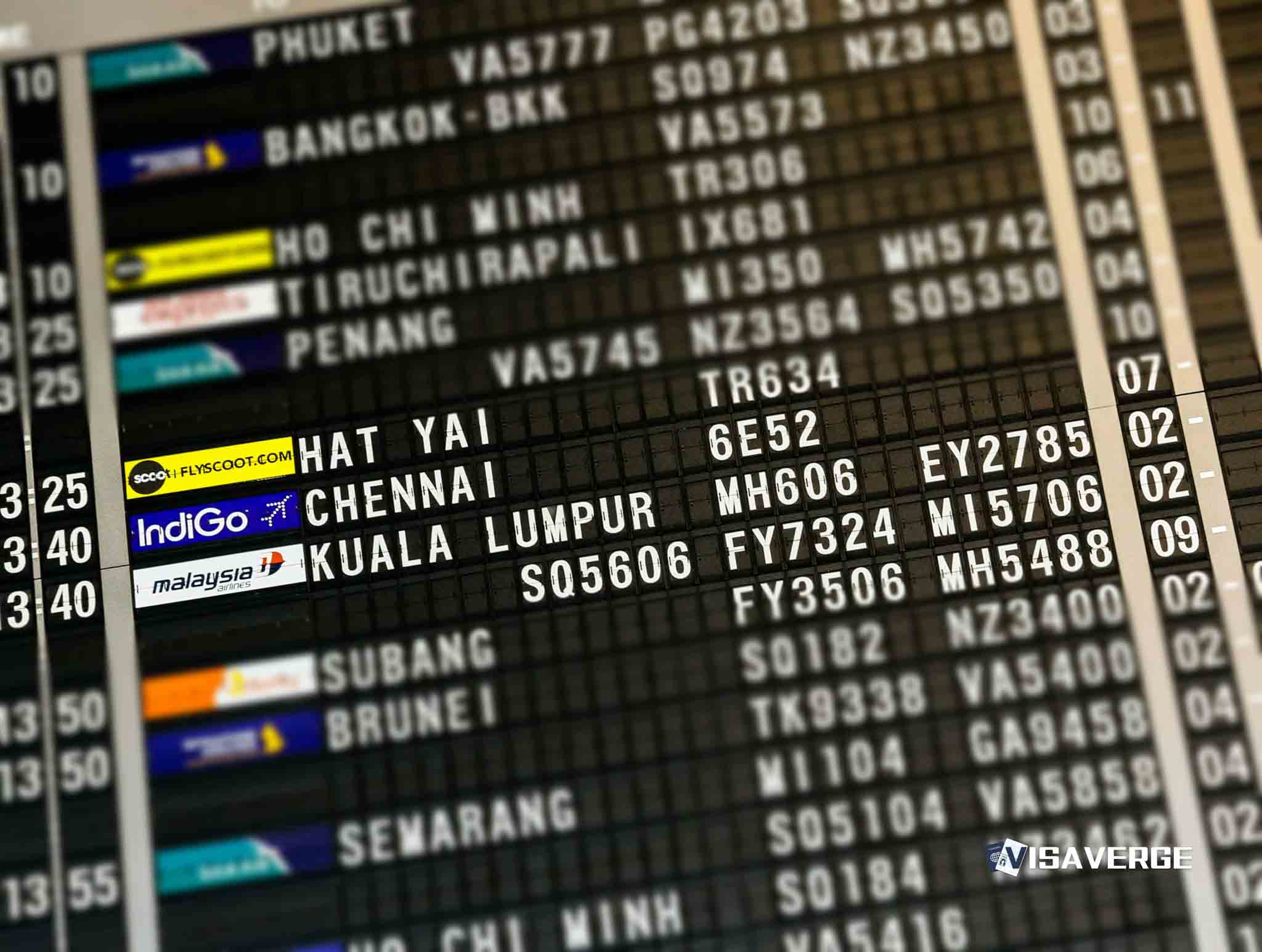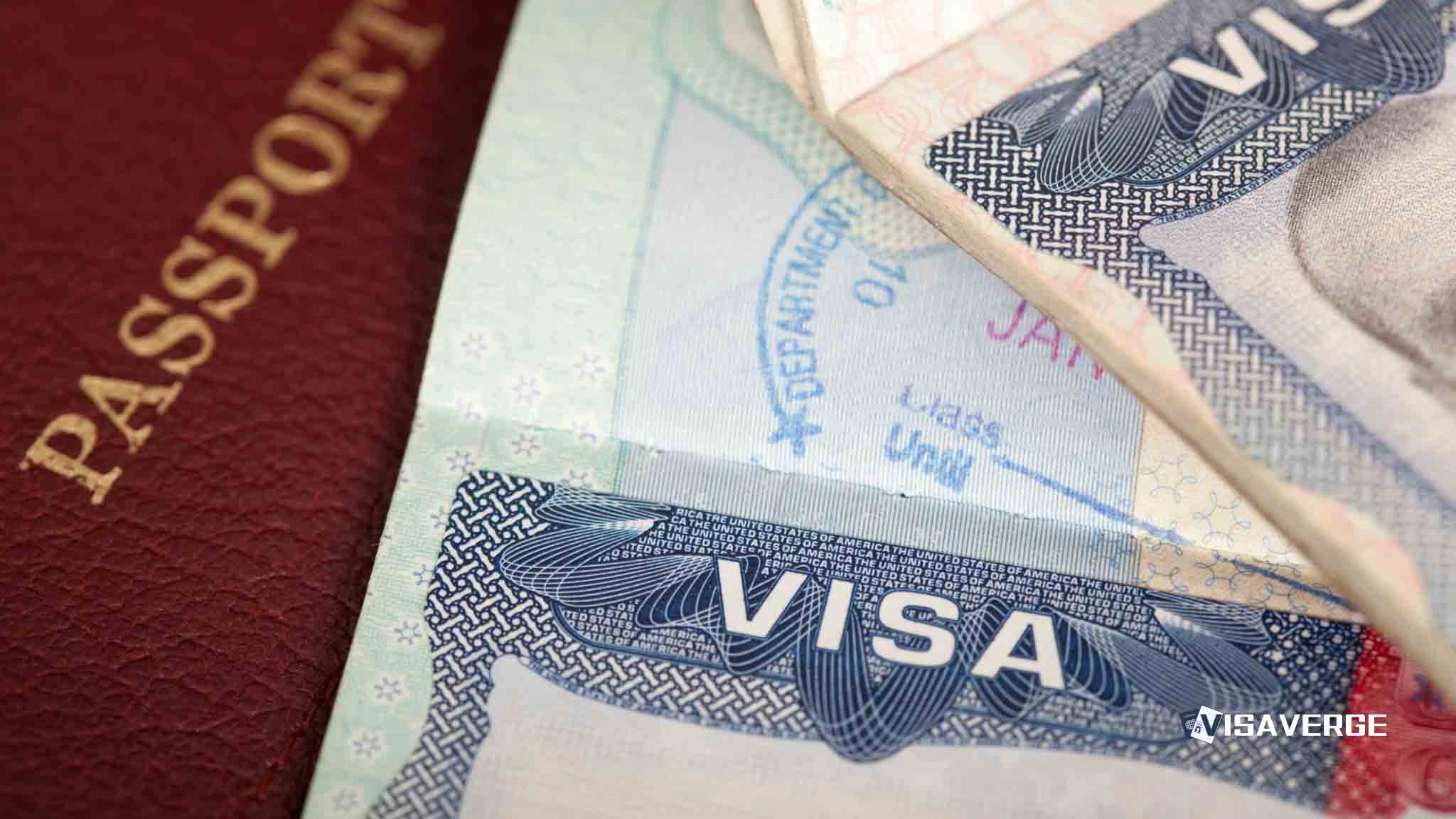Understanding the Impact of New USCIS Policies on I-485 Processing
The U.S. Citizenship and Immigration Services (USCIS) has implemented updates to its policies, which can significantly impact those going through I-485 processing. Understanding these changes is crucial for anyone looking to adjust their status to permanent residency in the United States.
Recent Changes in Immigration Policy
A host of immigration policy changes have emerged, altering how applications are assessed and processed. It’s essential to stay informed about these alterations to gauge how they might affect your case. The USCIS regularly updates its policy manual, and staying abreast of these changes can mean the difference between a smooth application process and unexpected delays.
Effects on I-485 Application Processing
The I-485, or Application to Register Permanent Residence or Adjust Status, is often the final step for immigrants seeking a green card while in the United States. Changes in USCIS policies can alter the timeline and requirements for this critical application process.
Here are some ways recent policy updates could influence I-485 processing:
- Processing Times: Adjustments in USCIS policies can lead to increased or decreased I-485 processing times. It’s best to check the latest processing time estimates on the USCIS website.
- Evidence Requirements: Immigration policy changes may necessitate additional evidence or adjust which documents are considered adequate to establish eligibility for adjustment of status.
-
Interview Waivers: New policies may influence whether an applicant must appear for an in-person interview. The USCIS has the discretion to waive interviews for certain applicants under specific conditions, potentially expediting the adjudication process.
-
Requests for Evidence (RFEs): USCIS policies dictate how officers handle the issuance of RFEs. Policy changes could affect the frequency and types of RFEs issued, impacting the documentation you might need to prepare.
How to Navigate USCIS Policy Changes
To navigate these changes successfully, consider the following tips:
- Regularly Check USCIS Updates: Keep an eye on USCIS Announcements for the latest policy updates and operational changes.
- Understand the Impact: Recognize how these changes might specifically affect your case. Consulting with an immigration attorney could offer clarity and guidance.
-
Prepare Thoroughly: Anticipate potential requests for additional documentation and prepare your application package as comprehensively as possible.
-
Seek Professional Advice: If you’re unsure about any aspect of your application or how new USCIS policies might affect you, seeking advice from immigration professionals could be beneficial.
Conclusion
Staying informed about immigration policy changes is vital for anyone in the I-485 processing pipeline. While some of the new USCIS policies might streamline the process, others could potentially introduce additional steps or requirements.
If you are preparing to file or have already filed an I-485 application, it’s imperative to stay current with the USCIS policies and their implications. A proactive approach to these changes can help ensure that your journey toward permanent residency proceeds with as few obstacles as possible.
Remember, immigration laws and policies are subject to change, so frequent consultation with authoritative sources and qualified legal professionals can provide the necessary insight for a successful application under changing USCIS policies.
So there you have it, folks! Navigating the ever-changing USCIS policies can be like trying to solve a Rubik’s Cube blindfolded. But fear not, becoming a permanent resident is within reach! Remember to stay informed, prepare thoroughly, and seek professional advice when needed. And if you want to dive deeper into all things immigration, head over to visaverge.com for more juicy details. Your green card dreams await!
FAQ’s to know:
FAQ 1:
Q: How do recent USCIS policy updates impact I-485 processing times?
A: Recent policy updates by USCIS can potentially affect I-485 processing times. Changes in USCIS policies can lead to either increased or decreased processing times for I-485 applications. To obtain the latest processing time estimates, it is advisable to regularly check the USCIS website.
FAQ 2:
Q: Will the new USCIS policies affect the evidence requirements for submitting an I-485 application?
A: Yes, immigration policy changes can affect the evidence requirements for I-485 applications. With updated USCIS policies, there may be a need for additional evidence or amendments to the types of documents considered sufficient to establish eligibility for adjustment of status. It is crucial to stay up-to-date with the latest USCIS policy changes to ensure you provide the correct evidence for your application.
FAQ 3:
Q: Do new USCIS policies impact the requirement for in-person interviews during the I-485 application process?
A: Yes, recent USCIS policy changes can influence whether an applicant must appear for an in-person interview during the I-485 application process. The USCIS has the discretion to waive interviews for certain applicants under specific conditions, potentially expediting the adjudication process. However, the presence or absence of an interview will depend on the specific policies at the time of your application. Staying informed about USCIS policy updates will help you understand whether an interview waiver is applicable to your case.
What did you learn? Answer below to know:
-
What should applicants do to navigate the impact of recent USCIS policy changes on I-485 processing?
a) Check USCIS Updates regularly
b) Consult with an immigration attorney
c) Seek professional advice
d) All of the above -
How can USCIS policy changes potentially affect I-485 processing times?
a) They can lead to increased processing times
b) They can lead to decreased processing times
c) They have no impact on processing times
d) Both a) and b) -
What are some ways in which new USCIS policies can influence the requirement for in-person interviews during I-485 processing?
a) Interviews are always mandatory for all applicants
b) New policies may waive the need for interviews on a case-by-case basis
c) The USCIS no longer conducts in-person interviews due to policy changes
d) Both a) and b)














